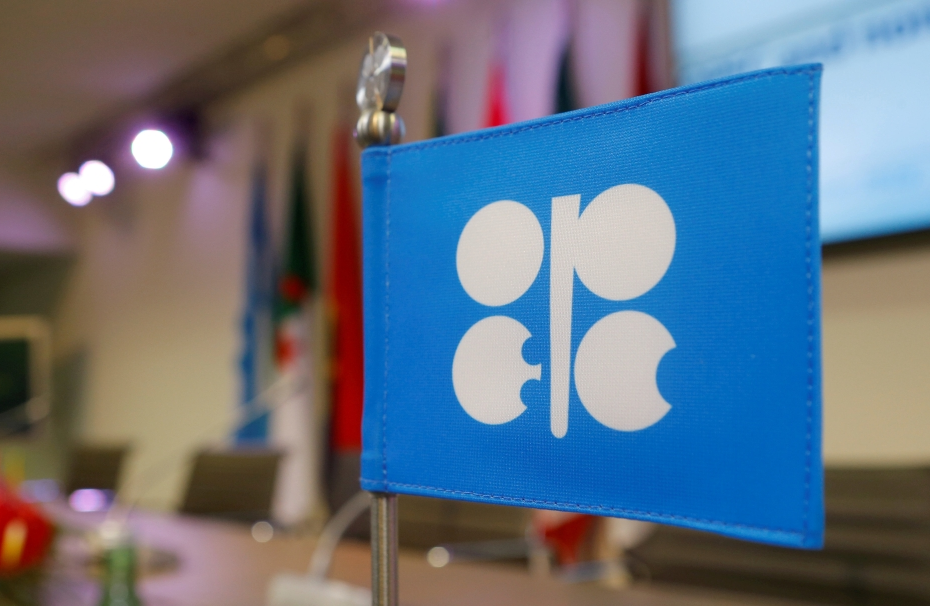BY SAM OTUONYE
Organisation of Petroleum Export Countries (OPEC) has said it is considering delaying a planned output hike as a Ukrainian drone strike on a Russian crude-pumping station disrupted Kazakh oil exports, even as Brent crude traded near $75 a barrel on Tuesday.
West Texas Intermediate (WTI) crude hovered above $71 a barrel after a modest gain on Monday.
According to OPEC delegates, the cartel and its allies are weighing the possibility of postponing a series of monthly supply increases due to begin in April.
The proposed deferral aims to address market concerns amid geopolitical tensions and demand uncertainties.
Postponing the planned 120,000 barrel-per-day (bpd) hike would be the fourth delay since 2022 as the alliance continues to manage production cuts to support prices.
However, Russian Deputy Prime Minister Alexander Novak told Tass that no discussions about a deferral had taken place within OPEC+.
“A drone strike on Kazakhstan’s export pipeline in Russia has provided the catalyst for some bearish sentiment to unwind,” said Yeap Jun Rong, market strategist at IG Asia Pte. “Market expectations on the supply outlook from OPEC and its allies including Russia will be in focus in the longer run,” he added.
The Ukrainian strike also forced a slowdown in oil exports through the primary pipeline from Kazakhstan.
Meanwhile, in Iraq, Oil Minister Hayyan Abdul Ghani announced that crude exports from the semi-autonomous Kurdistan region to Turkey’s Ceyhan port could resume within a week.
The pipeline, halted in March 2023, has been a significant export route for Iraqi crude.
The oil market has experienced a volatile start to 2025, with prices retreating from early gains. Traders remain cautious as US President Donald Trump’s trade policies, including tariffs, threaten global growth and energy demand.
Market indicators, such as timespreads, continue to show signs of weakness, and hedge funds have reduced net-bullish positions on crude.
As OPEC weighs its next move and geopolitical disruptions persist, market attention will remain on the cartel’s ability to balance supply control with global demand fluctuations.
